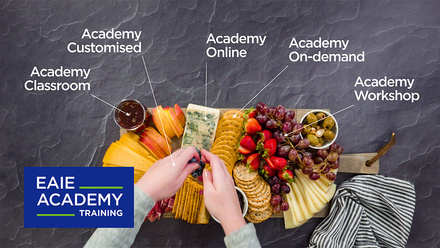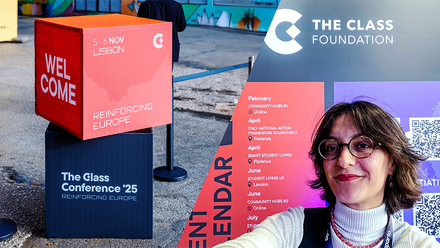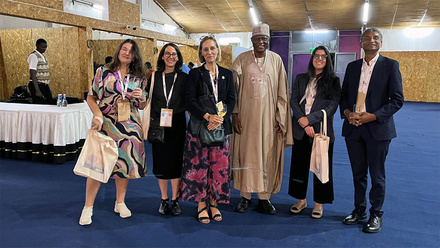Announcing the 2025 EAIE Doctoral Research Grant awardees
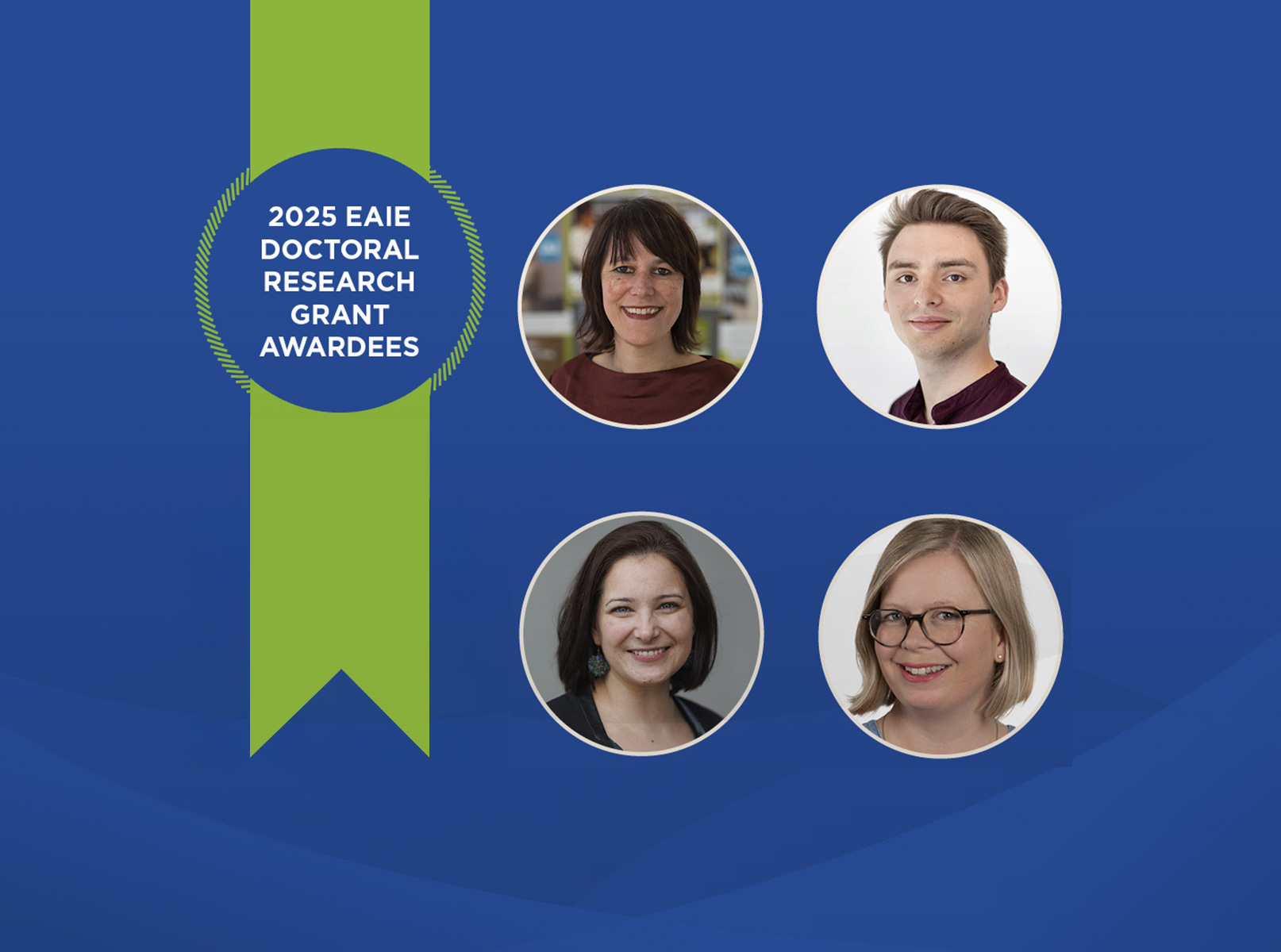
At the EAIE, we believe that advancing international higher education involves both empowering people and supporting the exploration of innovative ideas. Guided by this commitment, we created the EAIE Doctoral Research Grants programme. This one-of-a-kind initiative was launched earlier this year and is designed to empower the next generation of researchers to shape the future of international education.
The 2025 EAIE Doctoral Research Grant awardees have now been selected from a strong and diverse pool of applicants worldwide. Their projects stood out to the expert Advisory Group not only for their scholarly robustness but also for their capacity to drive meaningful change for the international higher education community in Europe and beyond.
Eveke De Louw
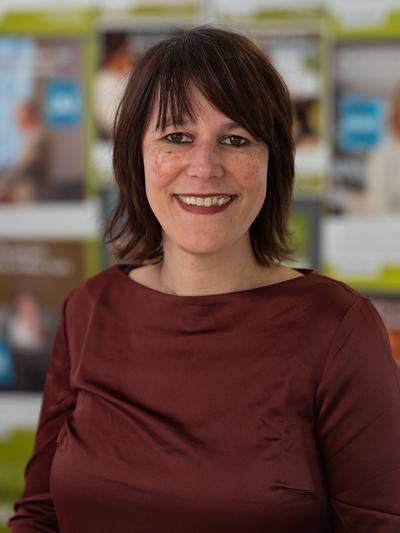
Eveke De Louw is an experienced internationalisation practitioner and an expert in curriculum internationalisation, with more than 20 years of experience. In her professional career at The Hague University of Applied Sciences, Eveke has held key coordinating roles, including International Student Coordinator, Team Leader, and Senior International Officer. She has also chaired various committees and played a leading role in curriculum design projects. She is currently a researcher and academic developer on internationalisation of the home curriculum at the Centre of Expertise Global & Inclusive Learning of The Hague University of Applied Sciences. In this role, she executes action-research projects exploring the role of the academic discipline in curriculum internationalisation and supports programme teams through training and consultancy.
Area of research:
Eveke’s research investigates the role and engagement of educational developers in the Internationalisation of the Curriculum (IoC), employing a qualitative approach that combines narrative inquiry and a multiple case study design across several European institutions. The project aims to understand how these developers perceive their responsibilities and navigate institutional contexts, ultimately producing a framework to empower them and support more systemic and integrated IoC practices.
Stanislav Avdeev

Stanislav Avdeev is a PhD candidate in Economics at the University of Amsterdam. As an empirical microeconomist with a strong interest in the economics of education and health, his research focuses on the quasi-experimental estimation of policy reforms using administrative and survey data. His advisors are Hessel Oosterbeek and Bas van der Klaauw.
Area of research:
Stanislav’s research examines the long-term impact of exposure to international students on native Dutch students, employing a quasi-experimental design across three decades of data. It finds that such exposure leads natives to form more diverse social ties and develop more positive attitudes toward migration and international opportunities, without any negative effects on their long-term economic outcomes.
Aurélie Kono
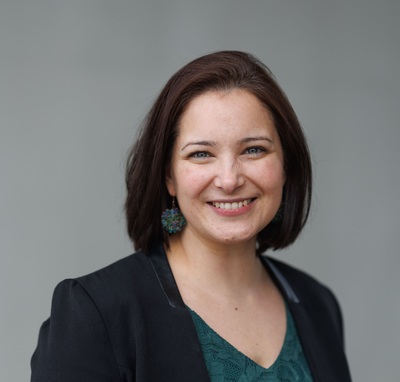
Aurélie Kono is a programme manager at the University of St. Gallen, Switzerland and a part-time PhD student in Education Management at the Ludwigsburg University of Education, Germany. Prior to her current role, she worked in higher education institutions in Japan and Germany, gaining experience in programme and enrolment management, international student recruitment and international cooperation and partnerships. Aurélie holds a joint MA in International Education Management, with distinction, from the Ludwigsburg University of Education, Germany and Helwan University, Egypt. She also earned an online diploma in Management of Higher Education Internationalisation from the University of Guadalajara, Mexico and a BA in Foreign Languages, Literature and History from the Catholic University of the West, France.
Area of research:
Aurélie’s doctoral research explores the motivations and experiences of francophone Sub-Saharan African students who choose to study in either France (Global North) or Senegal (Global South). Using a qualitative comparative case study, she investigates how these mobility choices are shaped and how institutional policies influence student journeys to inform more equitable internationalisation strategies.
Rúna Gudmarsdóttir
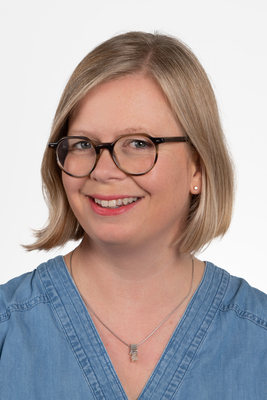
Rúna Vigdís Gudmarsdóttir is a PhD candidate at Tilburg University. She has worked on internationalisation in education since 2007, starting at the Icelandic National Agency for the Lifelong Learning Programme and later at the University of Iceland. From 2013 to 2017, she worked with the Erasmus+ Higher Education team at DG Education and Culture, focusing on programme management and impact assessment. In her role as the Director of the National Agency at Rannís, Rúna oversees all six sectors of Erasmus+ and represents Iceland in the European Network for the Recognition of Prior Learning (ERPL). Additionally, she serves as an administrator in the Academic Cooperation Association (ACA) and co-leads a working group on social inequalities within the European Network for International Student Mobility (ENIS). Rúna holds an undergraduate degree from the Iceland University of Education and two master’s degrees in Intercultural Education from Freie Universität Berlin and Applied Linguistics from the University of Sussex.
Area of research:
Runa’s research examines the impact of parental responsibilities on Erasmus+ participation among students in the Nordic countries, employing a sequential qualitative design to analyse national policies, institutional support, and the decision-making and experiences of parenting students. Using an intersectional approach, the project aims to provide evidence-based recommendations to widen access to international student mobility and reduce social inequalities in higher education.
Exploring international education in your doctoral work?
The EAIE expects to award another round of doctoral research grants in 2026 to further support impact-focused research in our field. These are important and fast-moving times for the international higher education sector, and the EAIE is committed to playing a meaningful role in helping to expand the critical knowledge base that will inform smart decisions for both policy and practice.

